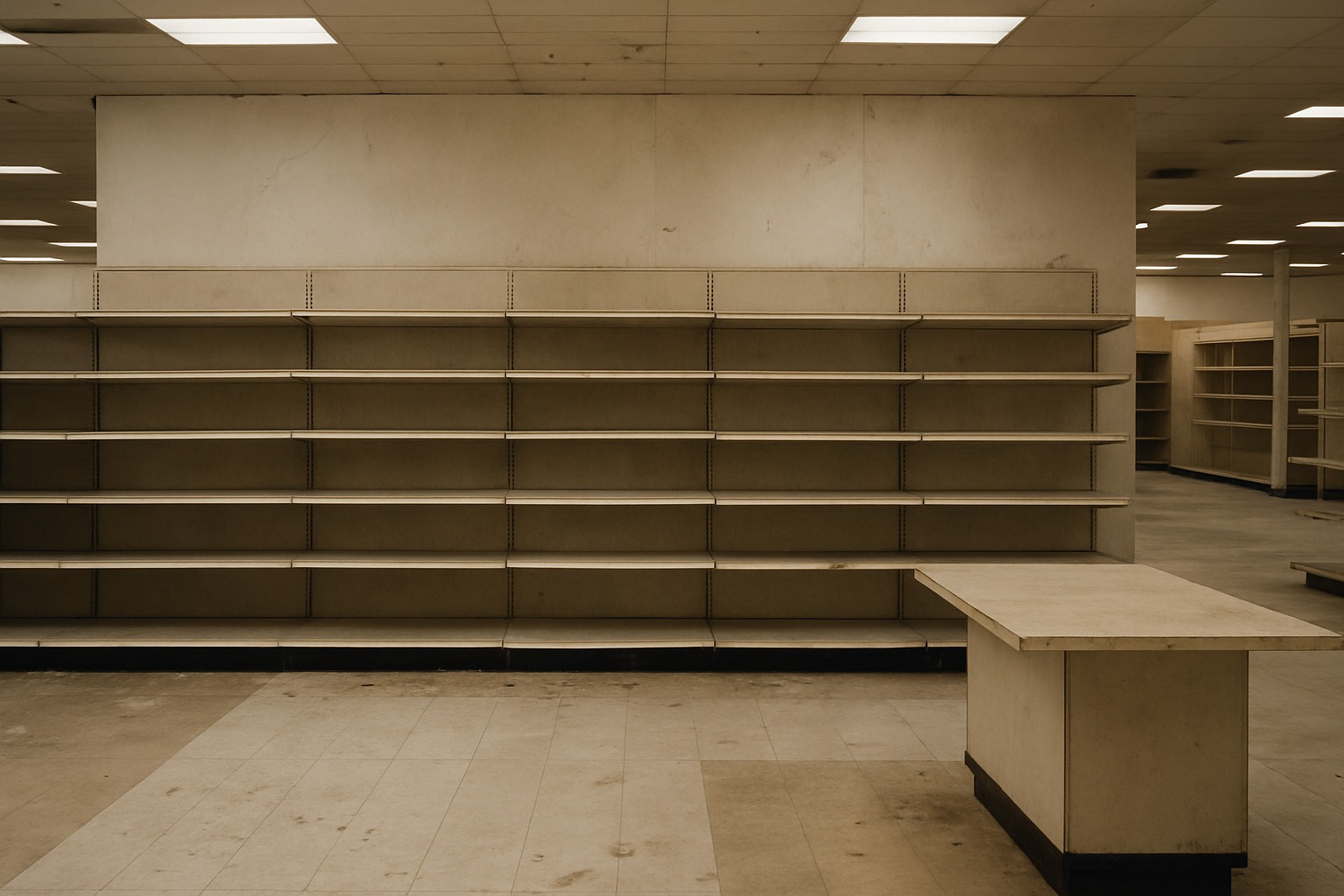There was a time when a trip to this department store meant more than just shopping.
It meant dressing up a little, bumping into neighbours, stopping for a coffee at the café on the top floor, and taking your time among the polished floors and perfectly folded linens.
For generations of Southlanders, H&J Smith wasn’t just a store — it was a part of life.
A place woven into childhood memories, retirement routines, school uniforms, wedding suits, and Saturday strolls.
But today, that familiar hum is gone.
The doors are closing. The shelves are empty. And a century-old symbol of the South is slipping quietly into the past.
From local legend to ghost space: how did it come to this?
Founded in 1900 and proudly family-owned for most of its existence, H&J Smith became a rare example of regional retail resilience.
While other stores disappeared into national chains or collapsed under digital disruption, it held its ground with quiet dignity — adapting when needed, but never compromising its Southland soul.
“It wasn’t just about buying something,” recalls David W., 64, a former menswear buyer.
“It was the atmosphere, the sense of trust, the warmth. You felt known.”
But the world changed faster than the store could.
Online shopping became a habit. Global brands flooded local markets. Inflation hit.
And by 2023, with costs rising and foot traffic falling, the company announced it would begin shuttering its remaining locations — including the iconic flagship store in Invercargill.
Then and now: what’s changed for shoppers?
Here’s a look at how H&J Smith once stood apart — and what’s replacing it:
| Category | H&J Smith (Before) | Current Alternatives |
|---|---|---|
| Customer service | In-person, personalised, long-term staff | Chatbots, self-checkout, outsourced help |
| Shopping experience | Multi-floor, curated, tactile | Fast-paced, online, impersonal |
| Product selection | Tailored to Southlanders’ tastes | Mass-market, fast-fashion, imported |
| Loyalty | Emotional, generational | Points-based apps, algorithm-driven |
| Ownership | Family-owned, local | National/international retail groups |
While modern retail may be more convenient, many argue it’s less human.
A community left in quiet mourning
The closure of the Invercargill store wasn’t sudden, but for many, it still feels abrupt — as though a dependable anchor was suddenly cut loose.
“I worked there for 22 years,” says Moira L., a former cashier.
“We saw three generations of customers. Some came in every Saturday, just to say hi.”
Shoppers and staff alike describe the closure as more than just the end of a business.
It’s a cultural shift.
A fading of a certain Southern way of life — slower, kinder, more rooted.
Though smaller stores in Gore, Balclutha and Queenstown had already closed, many held out hope that the flagship might endure.
But now, the expansive building sits in a strange limbo:
part heritage site, part empty shell.
What’s next for the building?
There’s talk of redevelopment — offices, co-working hubs, even boutique apartments.
But none of those plans carry the same emotional weight.
None of them echo the footsteps of decades past, or hold the laughter of a child’s first school shoes fitting, or the bittersweet purchase of a funeral suit.
